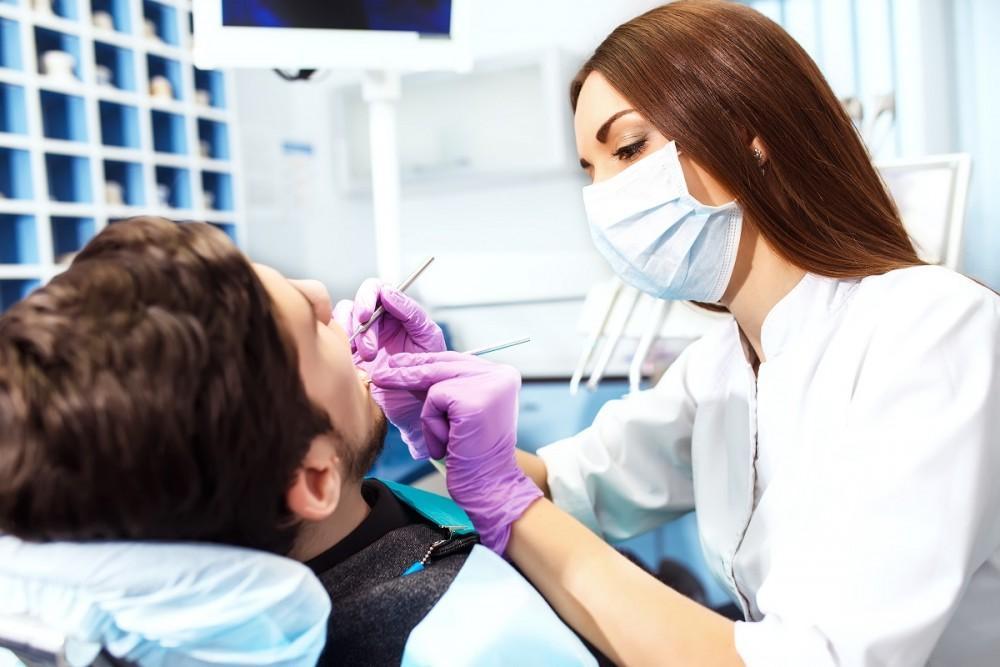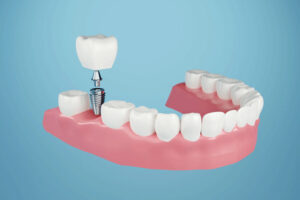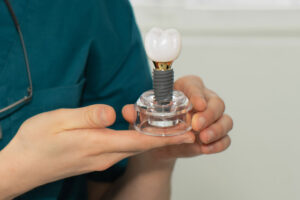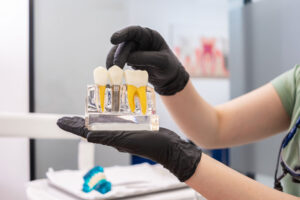If your mouth constantly feels sticky or bone dry, you may have a condition called dry mouth. Dry mouth doesn’t mean you need to drink more water. In most cases, dry mouth is caused by underactive salivary glands.
Dry mouth is a real oral health problem that needs to be treated before it gets worse. If your mouth never feels moist and quenched, let us know during your biannual exams, or call our office as soon as you start to feel uncomfortable.
At Sargon Dental, our founder and expert dentist Sargon Lazarof, DDS, diagnoses and treats dry mouth at our Encino and West Hollywood, California, and Pleasant Grove, Utah, offices. Following is a look at the causes of dry mouth and what to do about them.
Why so dry?
Everybody gets thirsty and may even have the occasional sensation of a dry mouth. If a drink of water or other beverage quenches the thirst and relieves the dryness, you’re probably good to go.
But if you drink without relief, you could have xerostomia, which is the medical term for dry mouth. You’re most likely to have dry mouth if you experience oher sensations, such as a pasty or sticky feeling in your mouth.
In most cases, dry mouth starts with salivary glands that don’t produce enough lubrication. Reasons why this can occur include:
Dry mouth isn’t considered a normal or expected part of aging. However, as you age, you’re more likely to take medications that cause dry mouth.
The importance of saliva
Saliva plays several key roles in your mouth. Primarily, saliva neutralizes acids that bacteria produces and keeps bacteria growth in check. Saliva also hydrates and nourishes the soft tissues in your mouth, including your lips.
But saliva isn’t just a moisturizer. It plays a key role in digestion. Salivary fluid contains enzymes that help with digestion. The liquidity of saliva also makes chewing and swallowing easier.
Complications of dry mouth
So how can a fluid that’s so beneficial go so dry? And what happens to your mouth without enough saliva? With dry mouth, you’re at risk for several oral issues, including:
Your mouth suffers in many ways without saliva. That’s why seeking treatment is a good idea.
Dry mouth treatments
If Dr. Lazarof diagnoses you with dry mouth, we can do several things on our end to safeguard your oral health. One is prescribing medications that encourage salivation. We may also outfit you with overnight trays that deliver fluoride to your teeth to help protect them. Or, we can administer fluoride treatments in our offices.
You can also take steps to remedy your dry mouth on your own. If you’re taking medications that cause dry mouth, for example, talk to your physicians about alternatives.
Over-the-counter mouth rinses, sprays, and gels that contain xylitol can help relieve dry mouth. You should protect your lips with high-quality lip balm and rinse your mouth frequently with water to keep the tissues inside well-hydrated.
We also urge you to keep water handy at all times and sip it frequently throughout the day. Some products to avoid include caffeine, cigarettes, decongestants, and antihistamines.
Find out how to quench your thirst and remedy dry mouth by contacting us today for a dental hygiene appointment and dry mouth treatment. Call our friendly Sargon Dental office staff, or request an appointment online.






